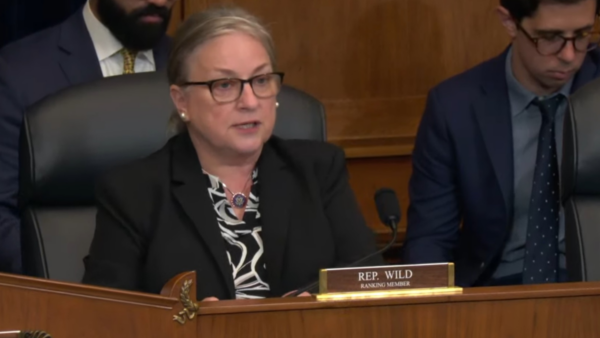The Brazilian government enacted a provisional decree to create a private financing scholarship fund for poor students to continue their studies through high school – a period of time when many youngsters, especially those in vulnerable conditions, leave school to start working.
Although important details are still lacking, the idea is to pay a regular amount to students with families that belong to the government’s social program database, prioritizing those with a monthly income of up to BRL 218 — or just a little more than a dollar per day.
Only 60.3 percent of Brazilian students complete the whole school cycle by the age of 24 years old. The rate is even lower among the poorest students: only 46 percent of them complete secondary education, compared to 94 percent of students from rich families.
The Covid pandemic worsened the already complicated scenario for high school education. In 2021, 376,000 young people aged 15 and over dropped out of school — representing almost 6 percent of high school students.
The government is still determining how much the monthly and yearly stipends would be, how they would be paid, and how the program would be managed, and will address these details in future decrees.
The fund will receive up to BRL 20 billion (USD 4 billion) from the government and will be administrated by the public bank Caixa. It can gather resources from the annual budget, shares of public companies, and part of the money raised in future oil and gas auctions.
It is not known yet how it will adapt to the new fiscal framework, but, because the fund is private, the resources probably would not have to obey the tax rules.
The model of a private fund was already used during Luiz Inácio Lula da Silva’s previous term for the Student Financing Fund (Fies), with shares of public agencies Petrobras, Eletrobras, and public banks.
A similar program run by the Rio de Janeiro state government between 2011 and 2016 paid students BRL 700 at the end of the first year of high school, increasing the amount in the following years. The dropout rate among the target audience was reduced by 33 percent.
The decree must be analyzed by the House and the Senate within 120 days.


 Search
Search











































